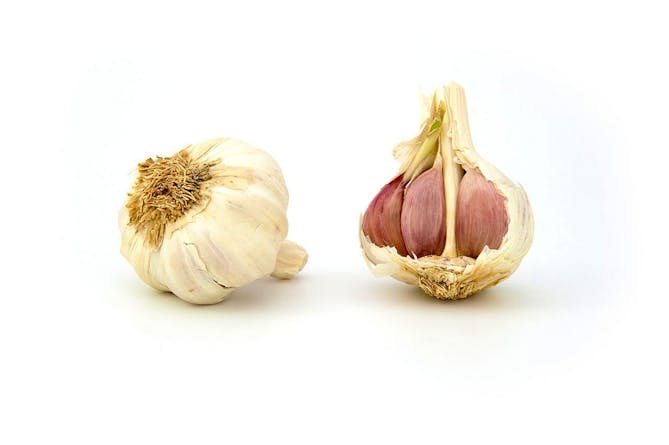Easy Ways to Do Fiddly Kitchen Jobs
Peeling garlic is a fiddly task. So is separating egg whites from egg yolks. So, what can you do? Well, you could carry on doing these necessary kitchen jobs the same way you’ve always done them. Or you could make your life easier.
Here are our favourite kitchen-based hacks to try today – or when you next need to try them. Read on…
How to Peel Garlic
Don’t bother peeling garlic cloves, says BBC Good Food. If you find it frustrating, just invest in a sturdy garlic press. “The whole clove can be passed through it with the skin intact”, says the site, adding: “It may take a bit of pushing, but once through, the flesh is passed through the holes while the skin is left in the press to be easily removed.”
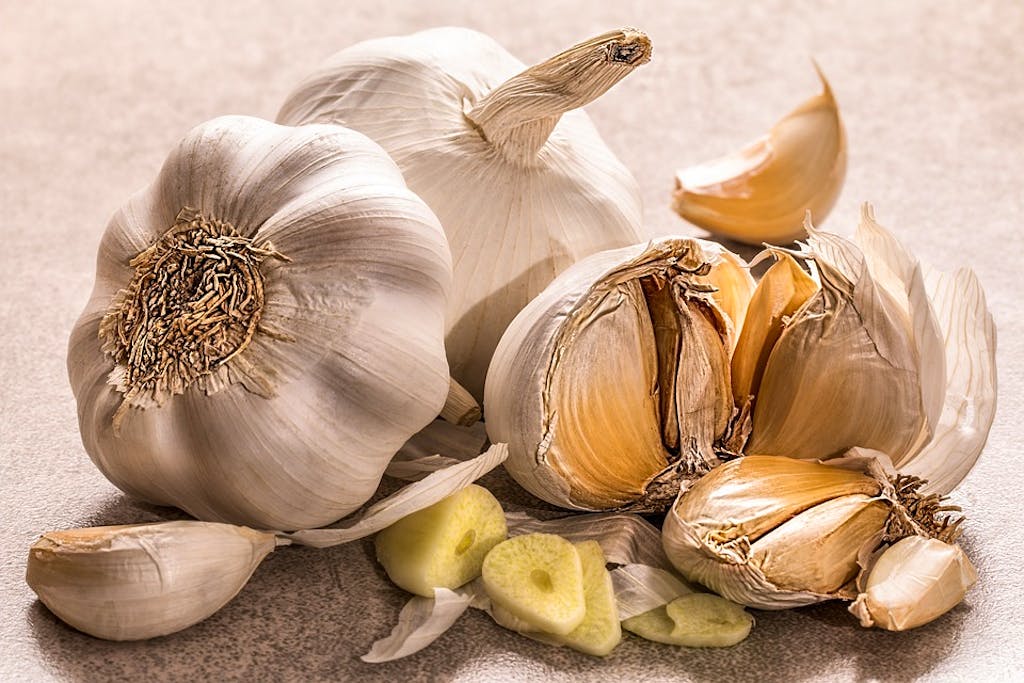
The best bit? No more garlic under your fingernails. Brilliant!
How to Separate Eggs
Want to know how to easily separate eggs? Jamie Oliver has the answer via another of his one-minute tips videos. Never waste an egg again, thanks to Jamie and his ingenious ideas.
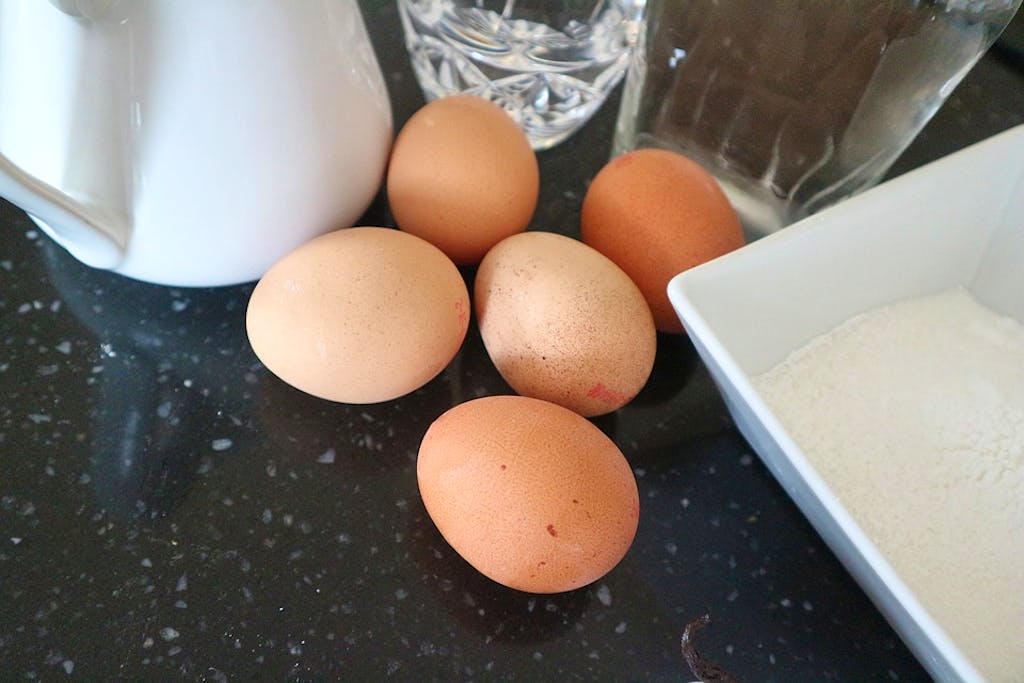
How to Peel Shallots
Alongside chopping an onion without crying, peeling shallots – or other small food items – is up there with the most frustrating kitchen tasks. Again, BBC Good Food has the solution.
Cover dinky shallots in boiling water first; this loosens the skin and makes peeling them much easier, they say.
Chopping an Onion
We’ve mentioned chopping an onion – and how frustrating it is – so we had to include this tip in this blog post too. The Pioneer Woman says you could freeze your onion for 10 to 15 minutes before chopping it. She says: “The blast of cold prevents the tear-causing enzyme from releasing into the air. If you go this route, just be sure to slice quickly once you remove the onion from the freezer—as it warms up, the enzyme will become more active and begin to irritate your eyes again.”
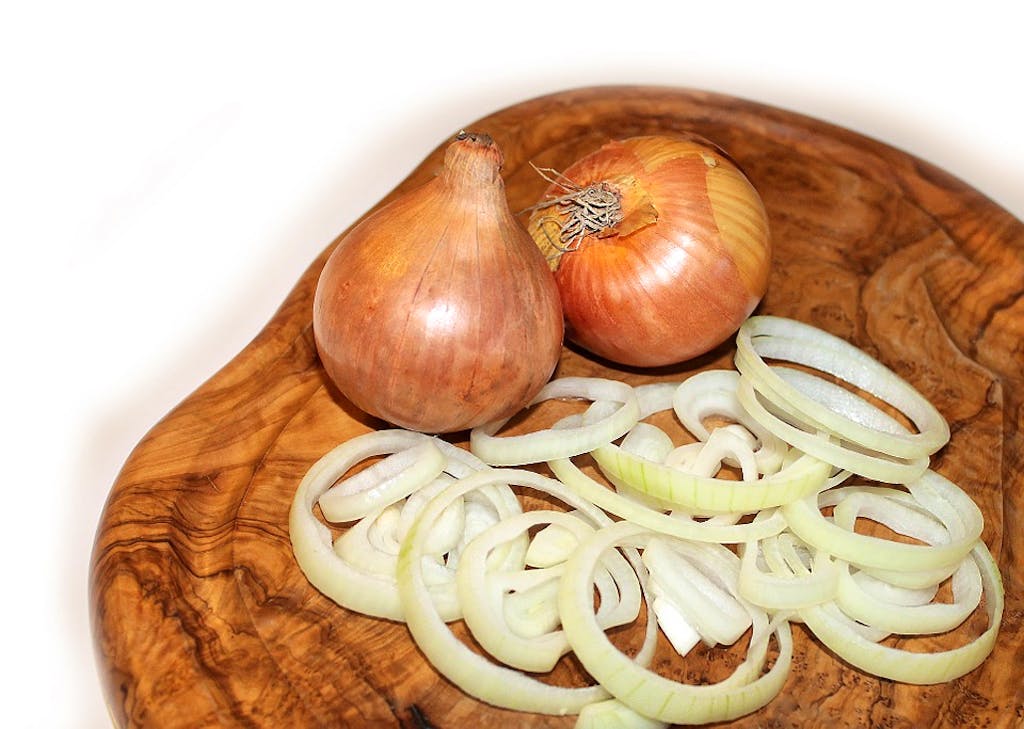
Be careful if you do opt to add your onion to the freezer; freezing it for too long may mean it’s harder to easily slice through.
How to Zest a Lemon
Zesting a lemon can take a while, so how do you make sure this task is much quicker? Don’t use a bulker grater meant for cheese, for starters. Instead, use a thin, handheld grater like this chef here. You’ll make light work of zesting your lemon (or other citrus fruit), leaving you a little more time to get on with the next step in your recipe.
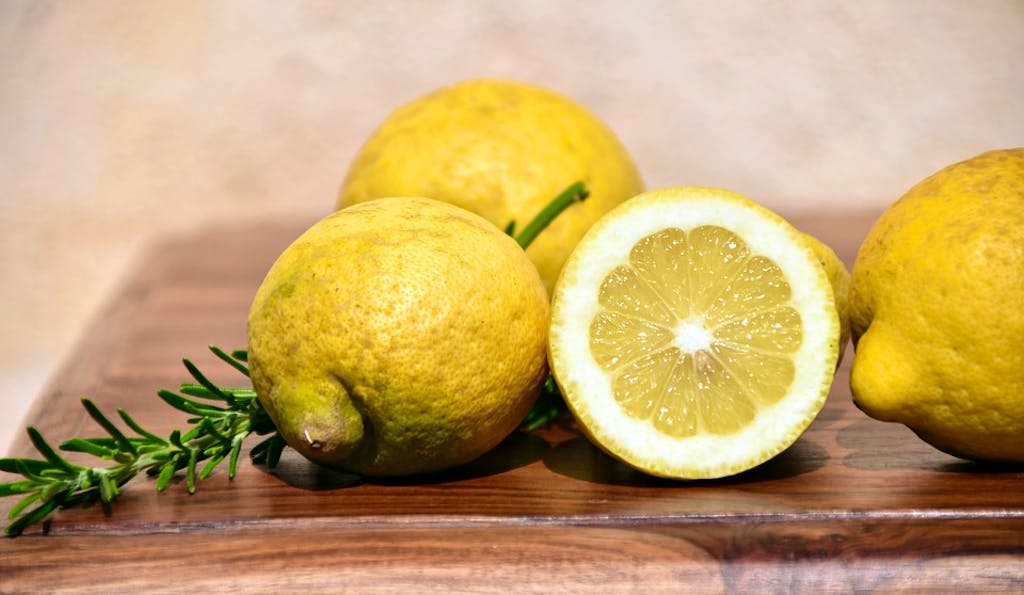
Did you find these tips helpful? Let us know by commenting on this blog post, below. Don’t forget to check out the rest of our blog here on the site; we have plenty of tips and tricks where these came from, as well as handy guides on our appliances, and lots of ways to save money on your weekly food shop.
Until next time…
You might also like:
Induction Hobs: Your Questions, Answered

